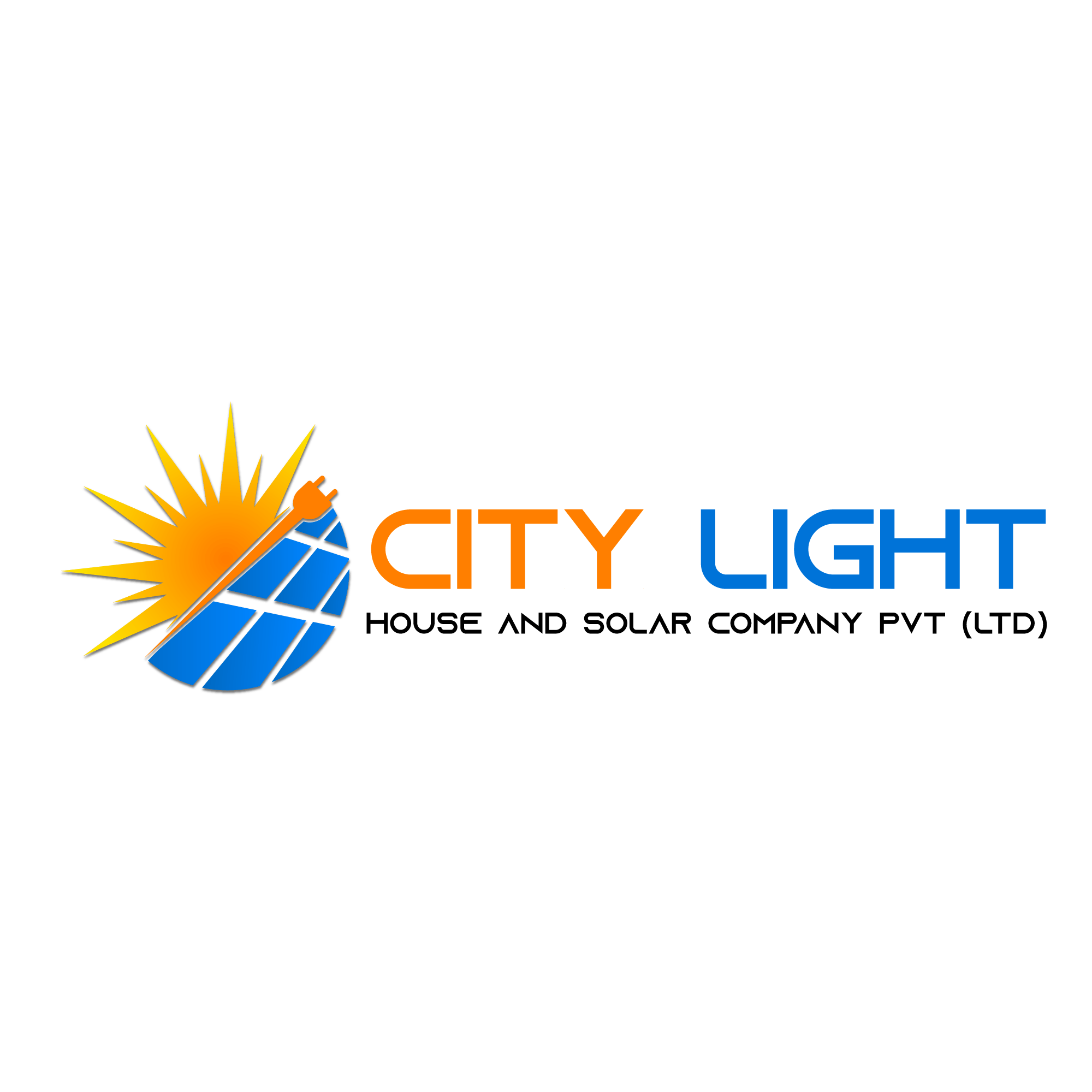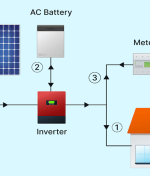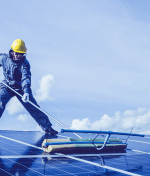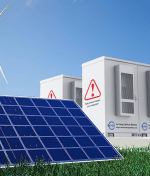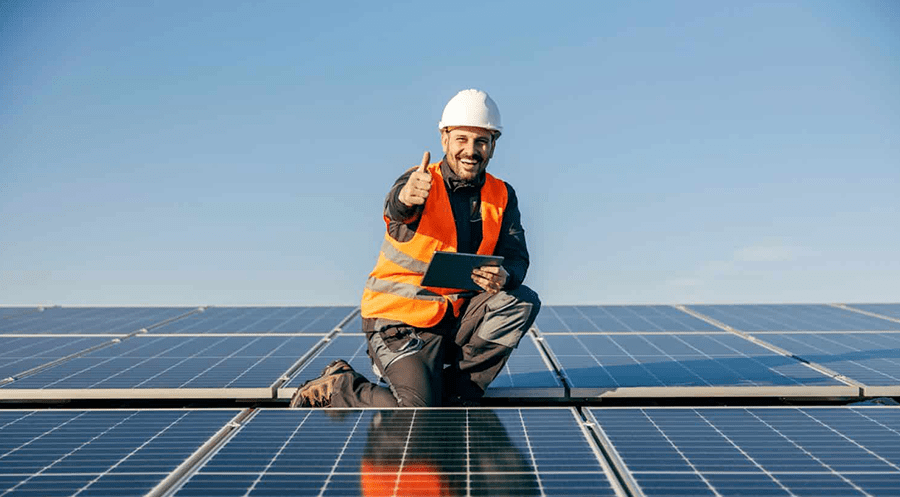
Ways To Look for Solar Panels That Are Reliable
In the present era, solar panels play a pivotal role in the renewable energy sector. Given the diverse array of solar panels available in the market, it is crucial to gain insights into selecting high-quality solar panels for residential or business use. This blog will delve into various methods for identifying and choosing solar panels that demonstrate long-lasting durability and optimal performance.
Reputation: Conduct thorough research on the reputation of the solar panel manufacturer. Well-established companies with a track record of producing high-quality products are more likely to offer reliable solar panels. Analyze user feedback, testimonials, and the company’s historical performance to gauge its credibility.
Warranty and Performance Guarantee: A reputable solar panel manufacturer stands behind its products with a robust warranty. When evaluating solar panels, consider two key aspects: the product warranty (covering faults and manufacturing quality) and the performance guarantee (ensuring consistent panel functionality over time).
Certifications and Standards: Initiate your selection process by checking for certifications and adherence to industry regulations and standards.
Ratings: The performance of solar panels is a critical factor determining their energy production capacity. Panels with higher efficiency ratings generally convert more sunlight into electricity. Opt for panels with favorable efficiency ratings, while also considering your specific needs and budget constraints. In some cases, a slightly less efficient panel that is more cost-effective may offer the best overall value.
Installation and Maintenance Services: Choose a solar panel company that provides expert installation services and offers guidance on maintenance requirements. Reputable companies typically employ certified installers to ensure proper installation and offer ongoing assistance and support for any potential issues.
Inverter Compatibility: The inverter is a crucial component, converting the solar panel’s direct current (DC) into usable alternating current (AC). Ensure compatibility between the solar panels and the inverter, and consider whether microinverters or power optimizers could enhance the overall system performance.
Financial Considerations: While price is a significant factor, it is essential not to compromise quality for a lower cost. Evaluate the price per watt and the overall return on investment (ROI). Many governments provide incentives or rebates for solar installations, so factor these into your financial calculations.
